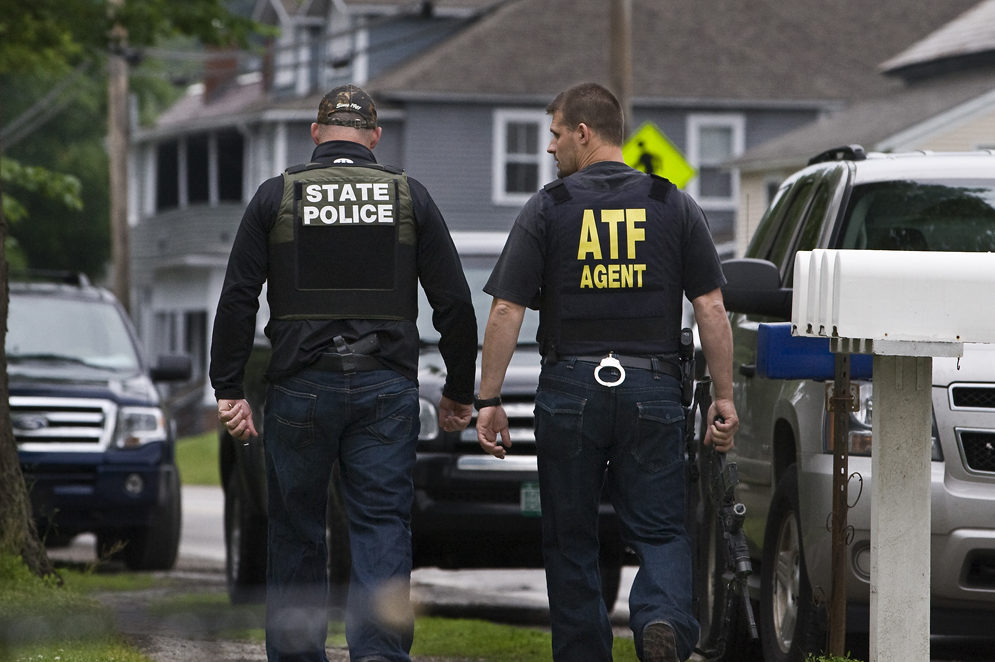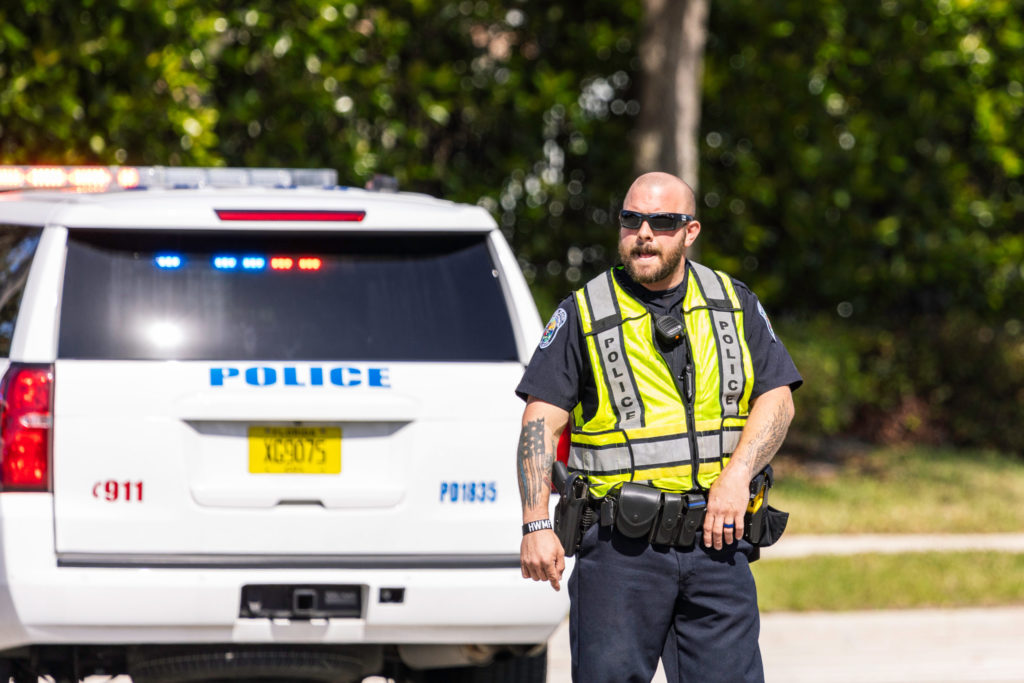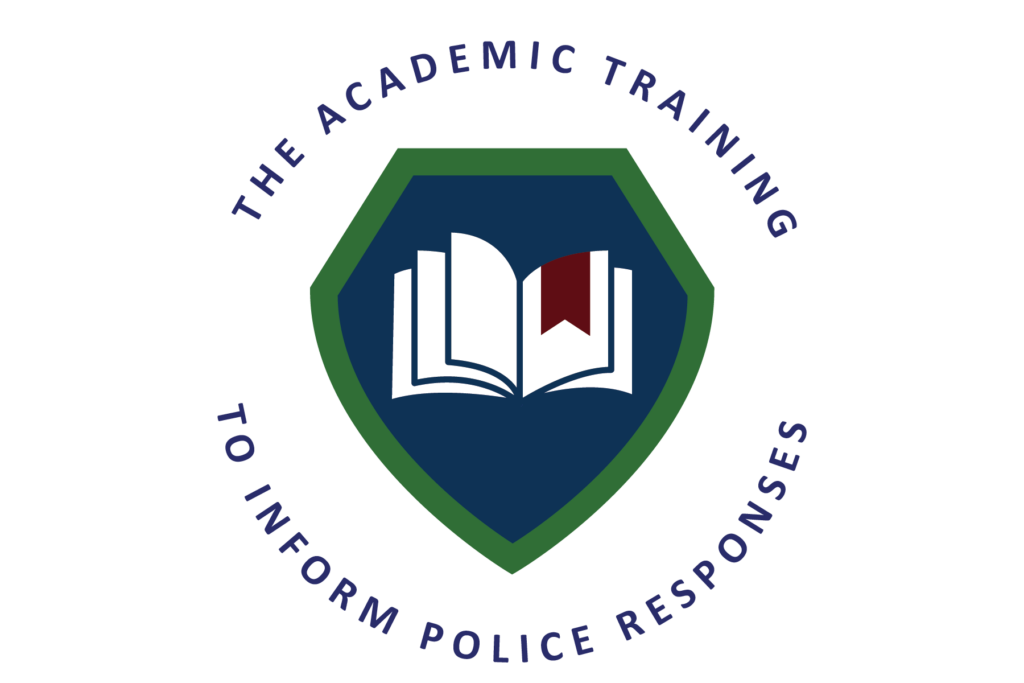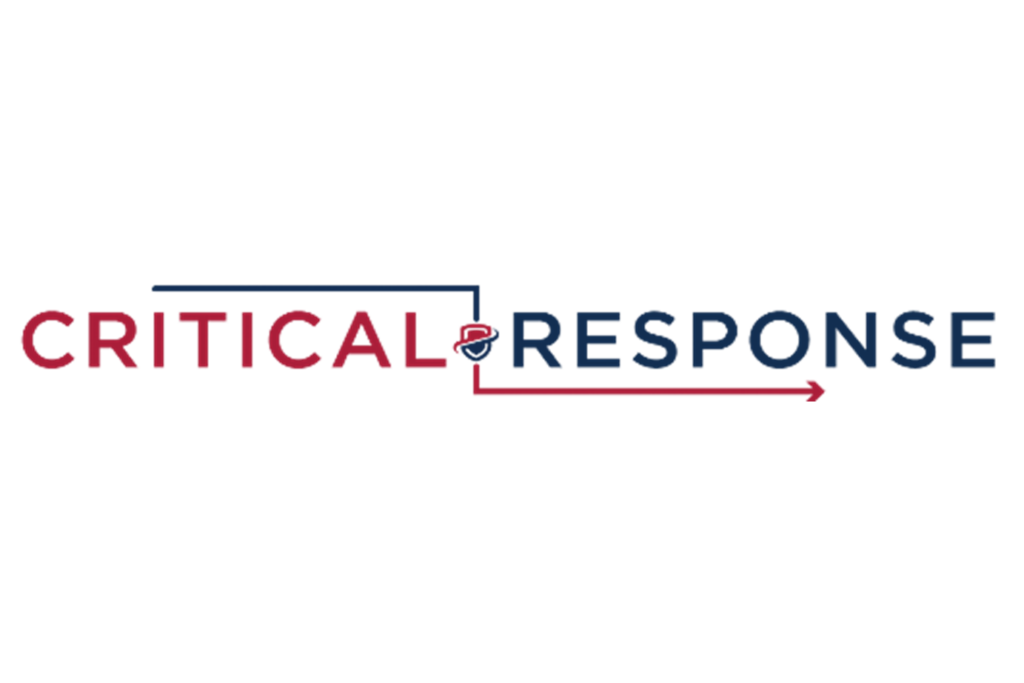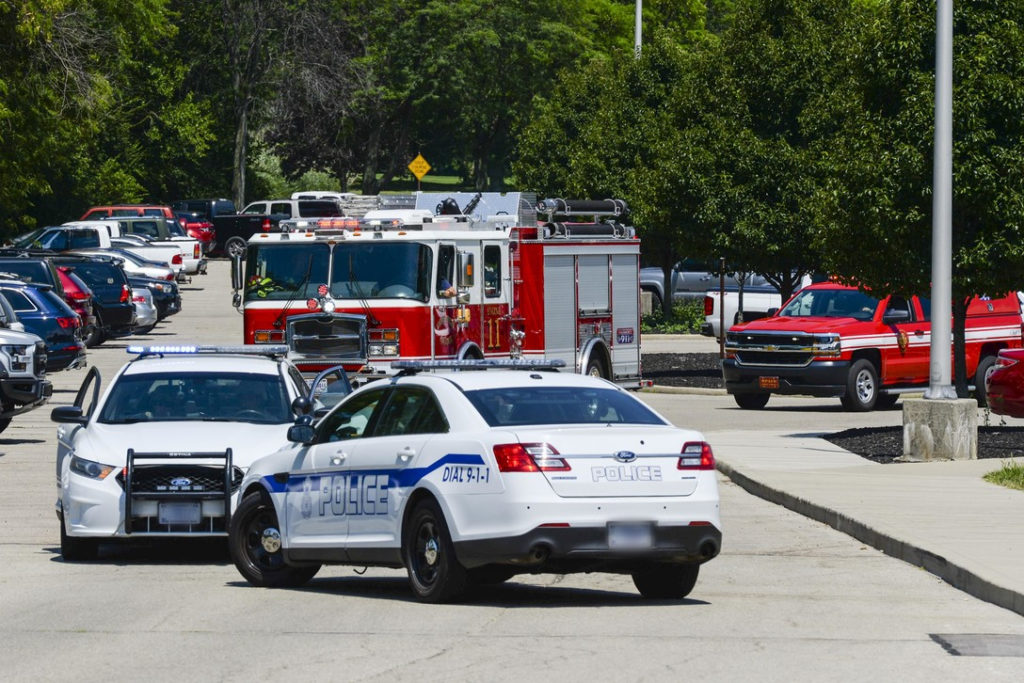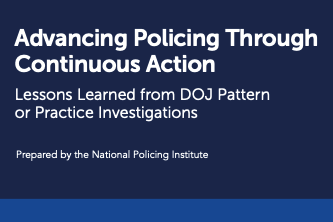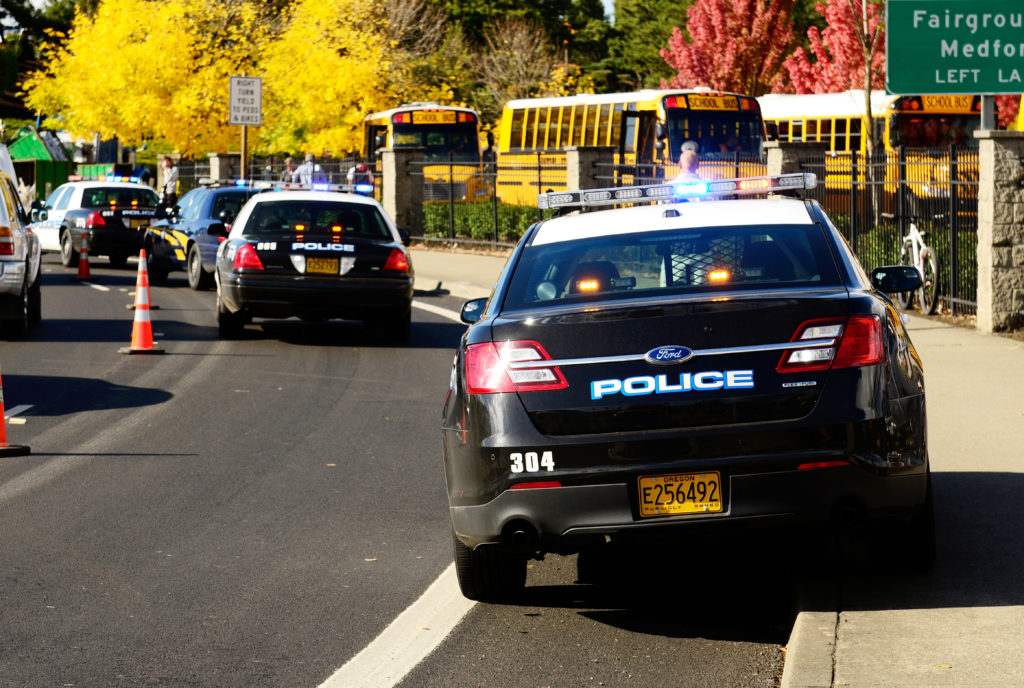Crisis Intervention and Effective De-escalation: Building a National Model for Police Standards and Training
Law enforcement officers serve as the first responders for most 911 calls, including crisis situations that may be related to behavioral health conditions and disabilities. However, law enforcement officers often lack comprehensive training and guidance on managing these calls safely and effectively. With the support of the Bureau of Justice Assistance (BJA), the National Policing Institute, in partnership with the Police Executive Research Forum (PERF), will develop national standards for de-escalation training and policies and a national model curriculum that enhances law enforcement response to crises. This collaboration aims to support the safety and effectiveness of police interactions with individuals experiencing crisis by implementing evidence-informed best practices in use of force, de-escalation, and crisis response policies and training. Over 36 months, NPI and PERF will:
- Develop national standards to guide the certification of de-escalation training programs: Informed by research, best practices, and perspectives from policing, behavioral health, and disability practitioners, this guidance will support the Department of Justice in its review and certification of police de-escalation training curricula.
- Create and pilot an evidence-informed de-escalation training curriculum for police officers: NPI and PERF will develop a national model for de-escalation training based on two well-established training programs–the BJA’s Crisis Response and Intervention Training (CRIT) and PERF’s Integrating Communications, Assessment, and Tactics (ICAT) training; NPI and PERF will also pilot the model training in three law enforcement agencies. Complementary tools, including a Train-the-Trainer and an Implementation Toolkit, will be developed and provided to support agencies in delivering the training.
- Provide technical assistance: A cadre of diverse subject matter experts will be available to review police de-escalation policies, procedures, and training and provide recommendations to align with national standards.
National Resource and Technical Assistance Center for Improving Law Enforcement Investigations (NRTAC) and Crime Gun Intelligence Center (CGIC) Support
Over the past two decades, the United States has faced remarkably low clearance rates (22.3%) for Part One offenses, which negatively impact communities and police alike. To improve the quality and equity of investigative outcomes, NPI and our partners provide TTA to criminal justice stakeholders under the NRTAC initiative. As part of the NRTAC’s mission, NPI partners with the Department of Justice’s Bureau of Alcohol, Tobacco, Firearms and Explosives (ATF) to support local multidisciplinary teams in their effort to establish Crime Gun Intelligence Centers (CGICs) in their jurisdictions.
CGICs are collaborative efforts between local, state, and federal agencies to improve the quality of investigations by making ballistic evidence more actionable and lead-generating. A CGIC is ultimately used to identify prolific shooters and work with local and federal stakeholders to arrest and prosecute them.
Since 2016, NPI has supported the implementation of the CGIC model in several jurisdictions, including the 54 BJA CGIC grantee sites:
- Albuquerque, NM
- Aurora, CO
- Baltimore, MD
- Bridgeport, CT
- Broward County, FL
- Charlotte, NC
- Chattanooga, TN
- Chicago, IL
- Cincinnati, OH
- Columbia, SC
- Connecticut State
- Cuyahoga County, OH
- Detroit, MI
- East Baton Rouge, LA
- Ft. Lauderdale, FL
- Harris County, TX
- Henderson, NC
- Houston, TX
- Indianapolis, IN
- Jackson, MS
- Jefferson County, CO
- Kansas City, KS
- Kansas City, MO
- Little Rock, AR
- Los Angeles, CA
- Los Angeles County, CA
- Louisville, KY
- Memphis, TN
- Miami, FL
- Milwaukee, WI
- Myrtle Beach, SC
- Newark, NJ
- New Haven, CT
- Oakland, CA
- Palm Beach County, FL
- Paterson, NJ
- Phoenix, AZ
- Pinal County, AZ
- Pitt County, NC
- Puerto Rico
- Saint Paul, MN
- Saint Petersburg, FL
- San Francisco, CA
- Santa Clara County, CA
- Stockton, CA
- Tampa, FL
- Toledo, OH
- Tulsa, OK
- Tucson, AZ
- Vanderburgh County, IN
- Washington, DC
- Wichita, KS
- Wilmington, DE
- Winston-Salem, NC
National Law Enforcement Roadway Safety (NLERS) Program
According to data collected from the Officer Down Memorial Page, 773 law enforcement officers were killed from 2009-2023 in collisions and struck-by incidents on the nation’s roadways. Simply put, more can be done to protect law enforcement officers on the roadways. The National Law Enforcement Roadway Safety (NLERS) Program seeks to address this critical safety need by 1) training officers in tactics and behaviors that will improve their safety while operating on the roadways and 2) guiding agencies to implement policies, procedures, training, and equipment that can reduce officer-involved collisions and struck-by incidents.
NLERS provides a suite of no-cost, evidence-based training courses for executives, patrol officers, and trainers. These courses educate participants about the risk factors for officer-involved collisions and struck-by incidents and identify a variety of interventions and technological innovations that can reduce the likelihood of their occurrence. Additionally, the NLERS provides customized technical assistance (TA) to help agencies make positive safety improvements. This assistance can include review and development of agency policies on roadway operations, review and assessment of an agency’s roadway safety training, assisting with the implementation of best practices, and/or providing research support to analyze an agency’s crash or injury data.
NLERS is sponsored by the U.S. Department of Justice, Bureau of Justice Assistance, and managed by the National Policing Institute, in partnership with the Institute for Intergovernmental Research.


